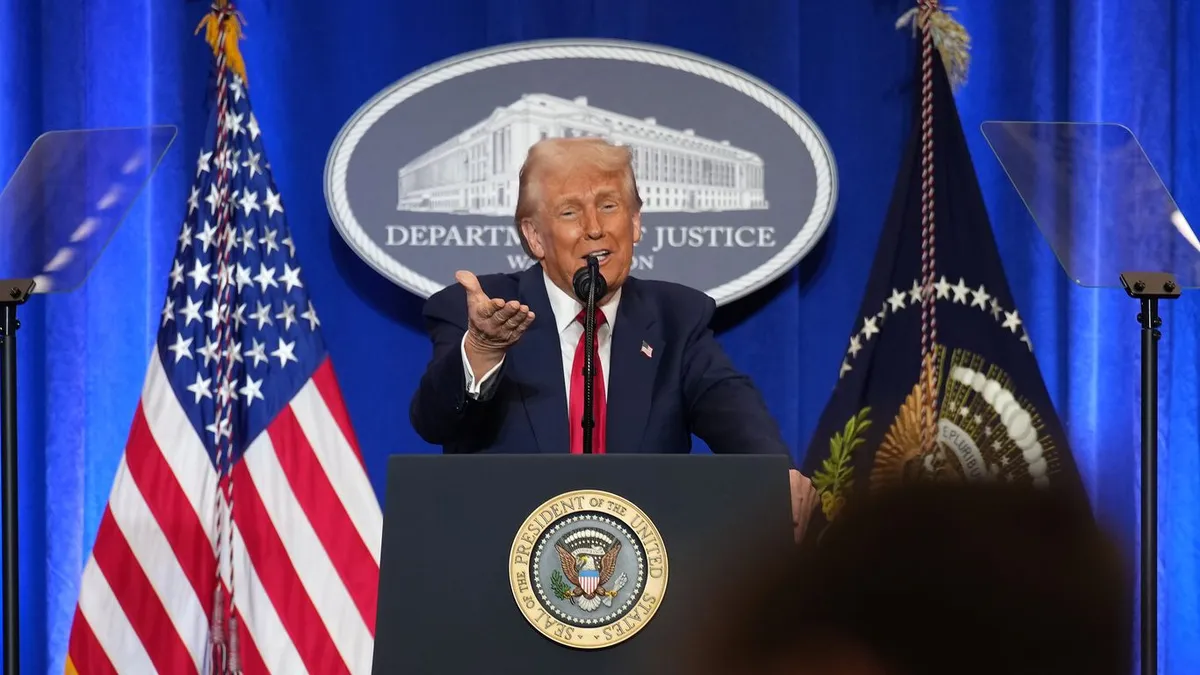
Former President Donald Trump has publicly asserted that the pardons issued by President Joe Biden for individuals involved in the January 6th Capitol riot are legally void. His declaration comes amid ongoing discussions surrounding the accountability of those who participated in the events of that day.
Trump's contention centers on the method by which these pardons were reportedly signed. He claims that Biden utilized an autopen—a machine that reproduces a signature—to authorize the pardons. This raises questions about the authenticity and legality of the pardons, as Trump argues that they lack the necessary personal touch of a handwritten signature, rendering them vacant and without legal standing.
The former president's assertion has significant implications for the ongoing debate regarding accountability for the January 6th events. If the pardons are indeed considered void, it could lead to renewed scrutiny of the legal status of those pardoned, as well as the broader repercussions for Biden's administration.
Major news outlets, including Axios, ABC News, and Fox News, have covered Trump's claims extensively, highlighting the differing viewpoints on the issue. While some commentators support Trump's perspective, others argue that the use of an autopen does not negate the legitimacy of the pardons, emphasizing that the President retains the authority to grant pardons regardless of the signing method.
As the debate unfolds, it remains to be seen how Trump's claims will influence public opinion and the legal landscape surrounding the January 6th pardons. The conversation continues to evolve, with both sides presenting compelling arguments about the nature of presidential authority and accountability.